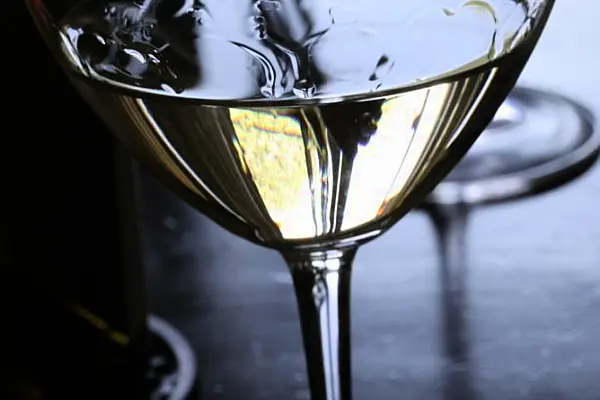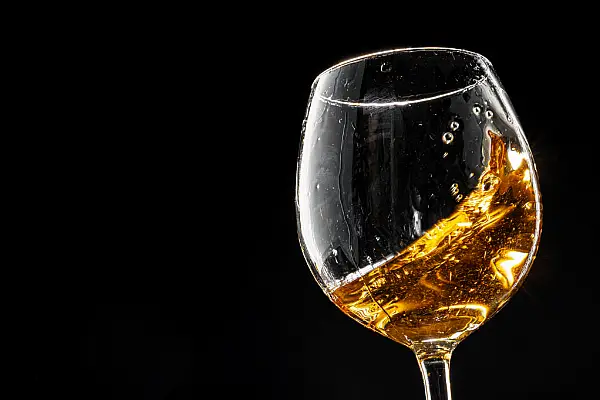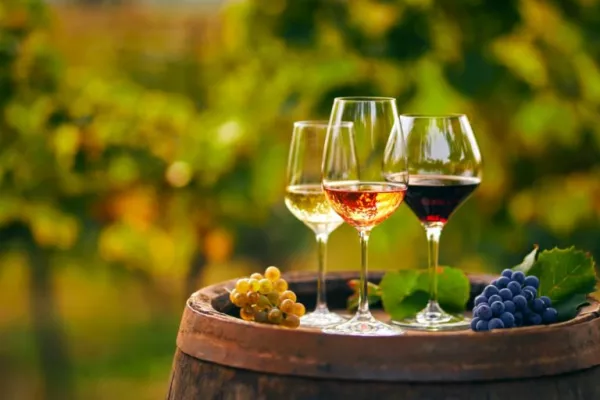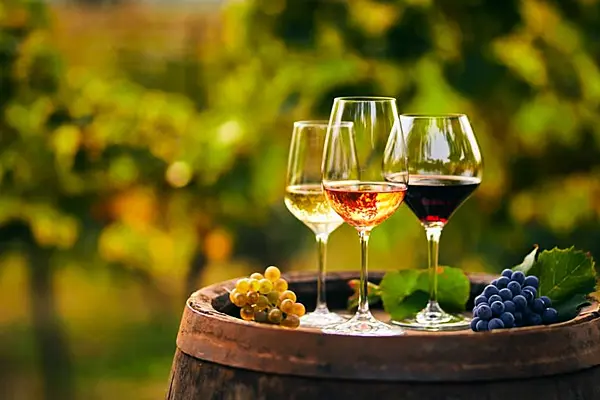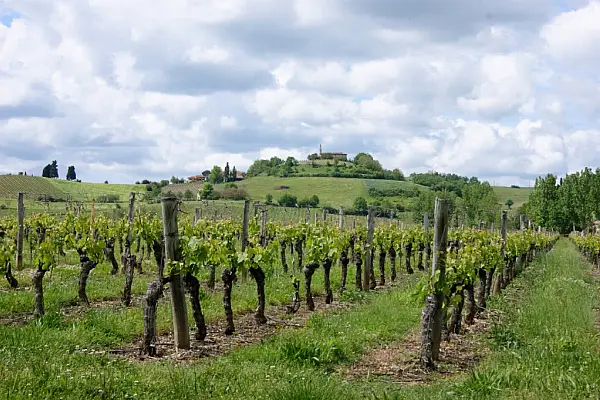Saint Emilion first growth wine estate Chateau Angelus is pressing ahead with expansion plans this year and keeping up its hopes for a high-quality 2017 vintage, even as it grapples with the loss of 20 percent of its crop from the worst frost in a quarter century to hit Bordeaux.
Construction of a new winery for its second label, Le Carillon d’Angelus, starts in September and is due for completion by July next year, in time for the 2018 harvest. That’s as Angelus is looking to buy vineyard land to more than double annual production of the second label to between 80,000 and 100,000 bottles from the current 40,000.
The chateau is still riding the wave from its promotion in 2012 along with nearby Chateau Pavie to the top rank of Premier Grand Cru Classe A in the Saint-Emilion classification, joining Chateau Ausone and Chateau Cheval Blanc in an exclusive group of four estates. That has enabled it to increase prices for its flagship wine to more than $300 a bottle for the latest 2016 vintage.
“I’m happy,” Stephanie de Bouard-Rivoal, eighth-generation owner of Angelus and co-manager of the estate with her cousin, Thierry Grenie de Bouard, said in an interview June 19 at the estate. 2012 was “the year I joined the management of Chateau Angelus. From that moment I was very much committed and involved in all projects.”
Angelus traces its origins back to 1782, when Jean de Bouard de Laforest settled in Saint Emilion. The current property took shape during the 20th century, when the family’s Chateau Mazerat estate absorbed a neighboring plot of vines known as l’Angelus. It was run for three decades until 2012 by Hubert de Bouard de Laforest, Stephanie’s father.
Angelus celebrated its landmark 2012 vintage with a commemorative black and gold bottle that helped boost the price and made it more attractive to collectors. At that time it also bought five hectares (12.4 acres) of vineyards on the plateau above Saint Emilion, between Cheval Blanc and Chateau Figeac.
“We’re still looking for more vines to buy to increase the production of Le Carillon d’Angelus,” de Bouard-Rivoal said. “It is difficult, and I think it’s one of our major ways to develop.”
Angelus has also moved to exert more direct control over its distribution chain, reducing the number of Bordeaux merchants through which it sells its wine from a total of more than 100 to a more focused group.
The high quality of the 2016 vintage at Angelus and across Bordeaux, which benefited from an unusually warm, dry growing season from late June onwards, helped boost demand for its wines after strong vintages in the previous two years.
Angelus put its 2016 wine on sale at 294 euros ($336) a bottle from Bordeaux merchants, according to data from the London-based Liv-ex wine market. That was up 17 percent from its price of 252 euros for the 2015 vintage, and compared with 225 euros for 2010 and 155 euros for 2005, according to Liv-ex.
“We wanted to be really on the market,” de Bouard-Rivoal said. “I think it’s important to go little by little.” She said the quantity of wine made available to merchants sold out by the day following its release.
Angelus is committed to driving ahead with its plan to improve and increase production of Carillon, building a new winery from scratch and seeking to increase the supply of grapes by purchasing vineyard sites, if they can be found at an appropriate price.
“It’s difficult to find something interesting from the quality perspective and still reasonable value for the price,” Grenie de Bouard said. “It’s an ongoing project.”
As for the outlook for the 2017 vintage, both de Bouard-Rivoal and her cousin say the crop has significant quality potential, even after the grape losses suffered in the frost that hit the region in late April.
“If it stays like this over the summer, it’s going to be a really, really nice vintage,” Grenie de Bouard said. “It’s honestly too soon to tell, but so far so good.”
News by Bloomberg, edited by Hospitality Ireland
